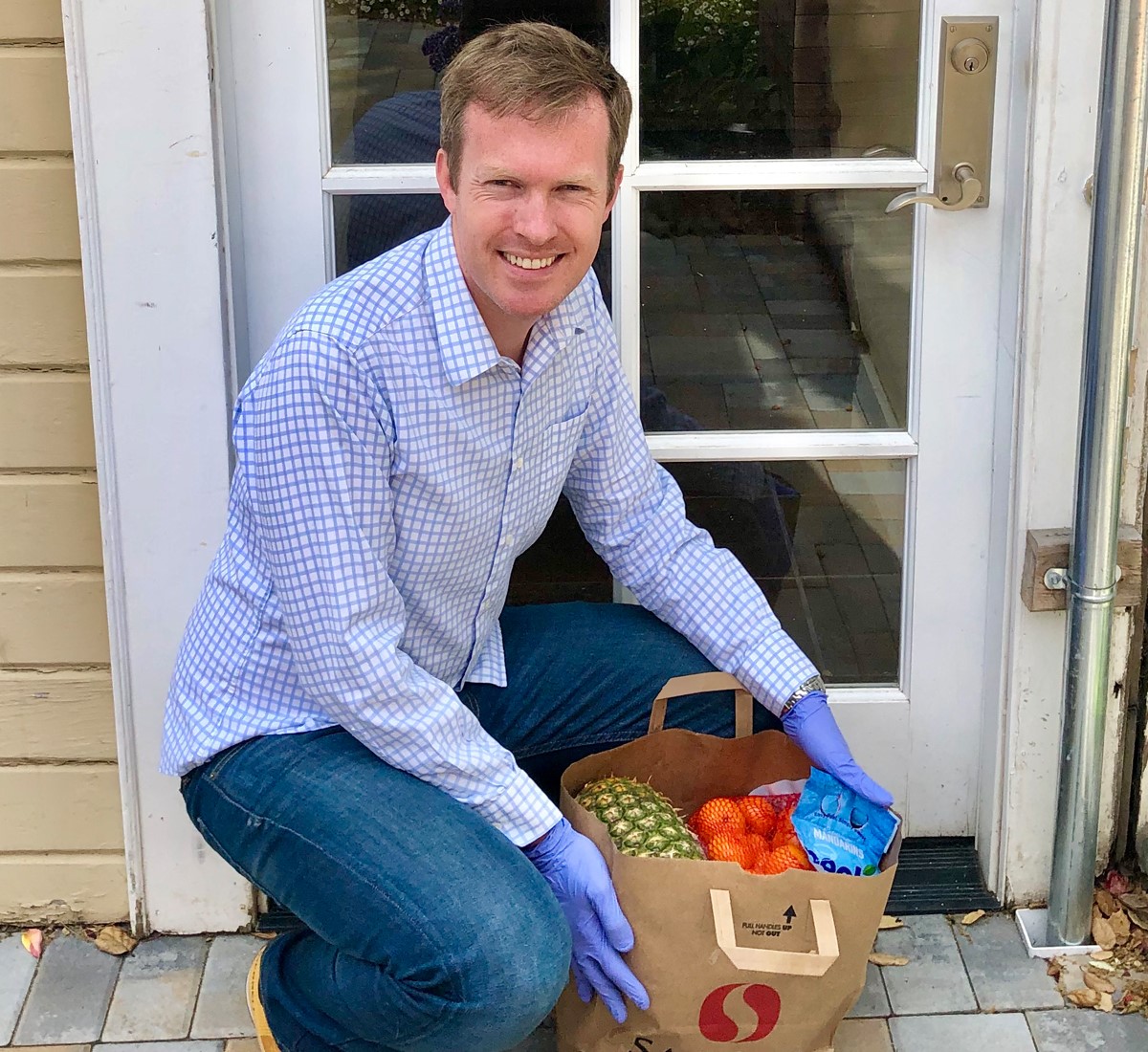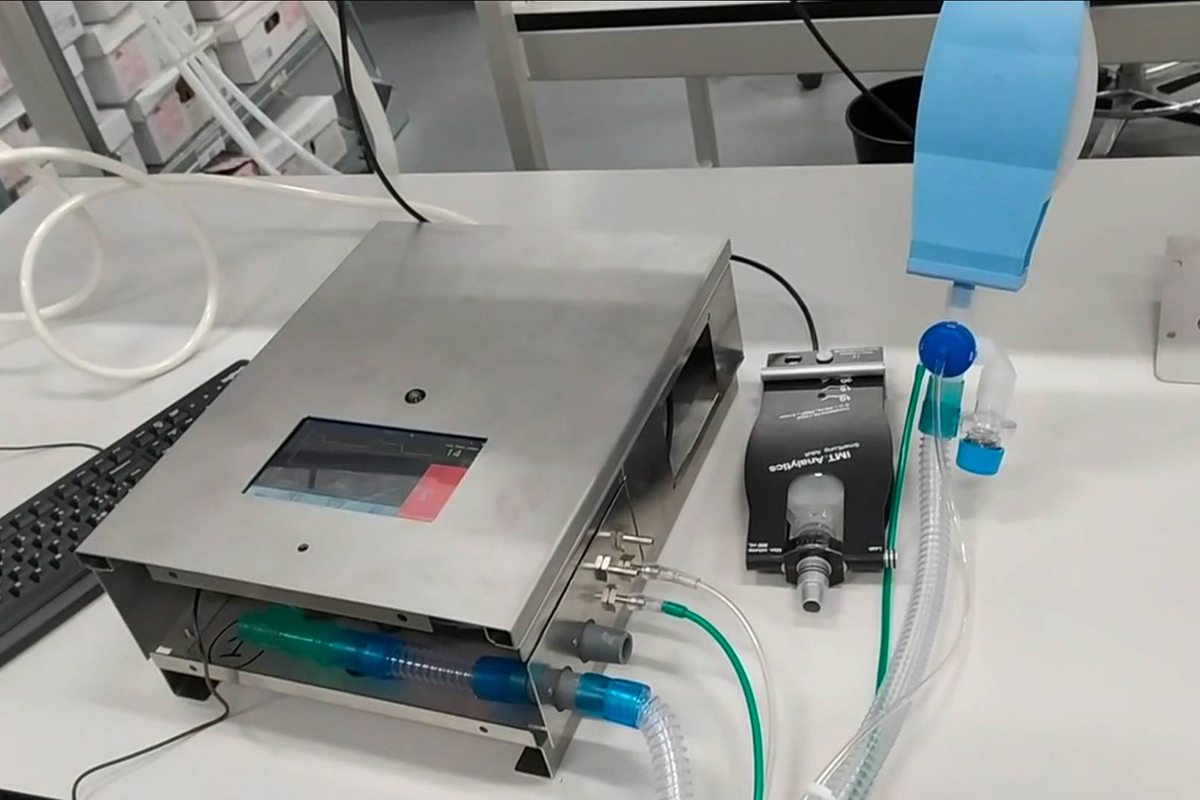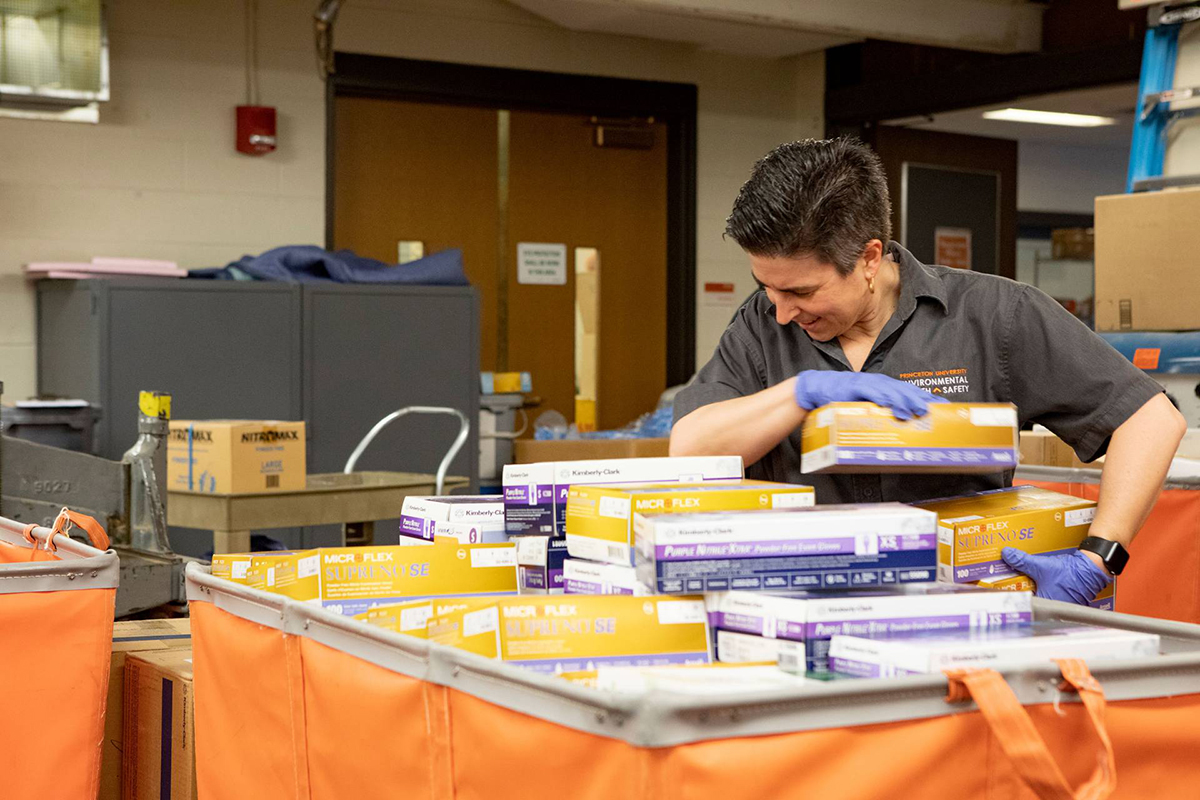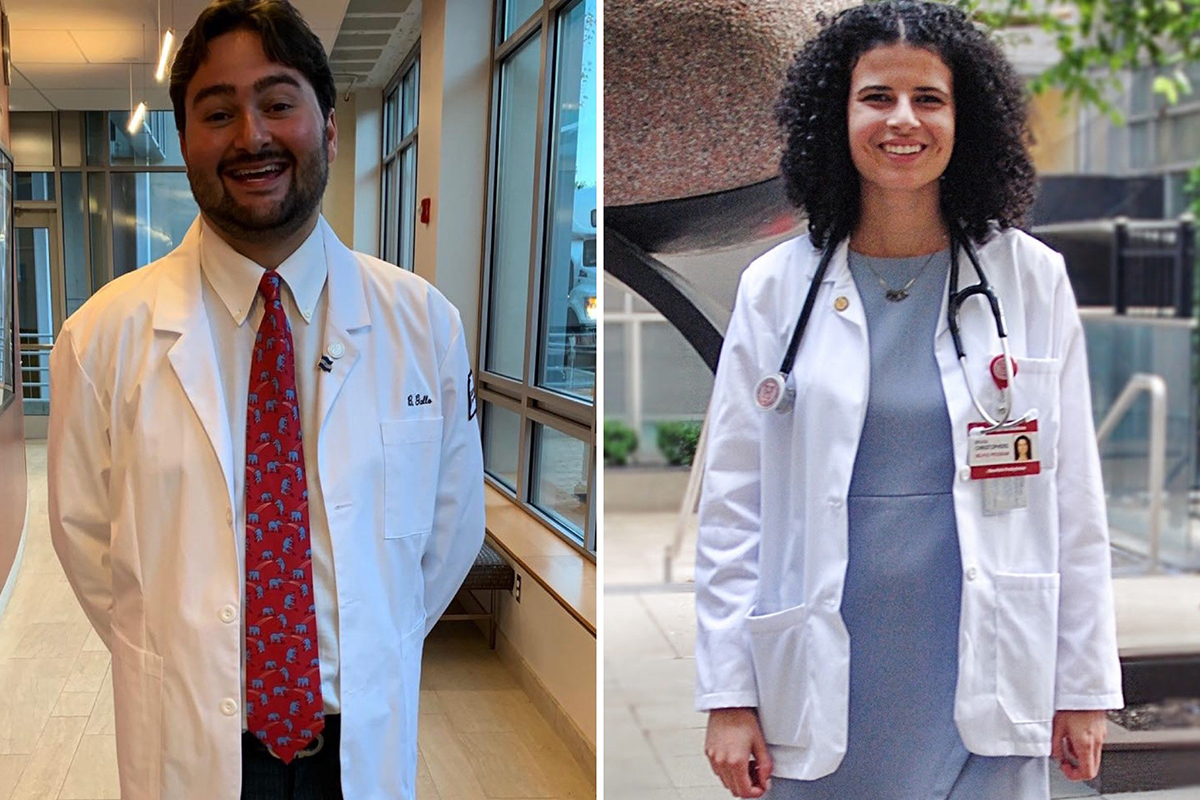
An elderly person living alone who needs groceries. A person with a weakened immune system who needs medication. A caretaker living with a parent who has run out of supplies.
Connecting people who need non-medical assistance during the coronavirus pandemic with volunteers who can lend them a hand is the mission of Covid Assist, co-created by Brian Jaffe ’06. The organization matches neighbors who can’t leave their homes with volunteers who can run errands for them to keep everyone safe and healthy.
Covid Assist is building community and hope, according to Jaffe: “People feel isolated, and times are tough. But the people who are helped and the people who help both feel they are getting a lot out of this.”
Jaffe repurposed software from his Redwood City, California, civic-engagement start-up, VOCA, to launch this effort. In a conversation with a colleague in March, he realized that the pandemic would quickly become all-consuming. They looked at the tools they had already built, re-tooled the underlying technology, and created Covid Assist in three days.
Launched on March 18, Covid Assist now has nearly 1,000 volunteers in 34 states. Jaffe and colleagues plugged in to every network they had and used social media to get the word out. “We have more volunteers than we have people who need help,” Jaffe said, “so we hope more people will let us know [if they need help]. You don’t have to feel bad about asking for help.”
People from anywhere in the United States can sign up for the service at covidassist.org and select whether they need help or are willing to help others. After signing up, the person in need of assistance is paired within hours with a volunteer in their neighborhood, or as close as possible, via text message so the partners can work out a schedule for completing the errand. Afterwards, the volunteer texts again and drops off whatever was purchased at the person-in-need’s home. The volunteer is reimbursed for any purchases via PayPal or Venmo to discourage person-to-person contact from occurring.
The match between the volunteer and the person seeking help is facilitated not only via algorithm but also with the help of a representative from the Covid Assist core team. Jaffe has a dozen members serving as his core team, most of whom he “met” online; they include an event planner and public relations consultant whose jobs halted when the pandemic hit.
“The real beauty of this has been the building of community,” Jaffe said of Covid Assist. “If we can take the good lessons from the experience of this pandemic and build more community, it will be a silver lining.”
Covid Assist is on Twitter at @CovidAssist and Facebook at Facebook.com/CovidAssist. To get help or to volunteer to give help, contact Covid Assist.




